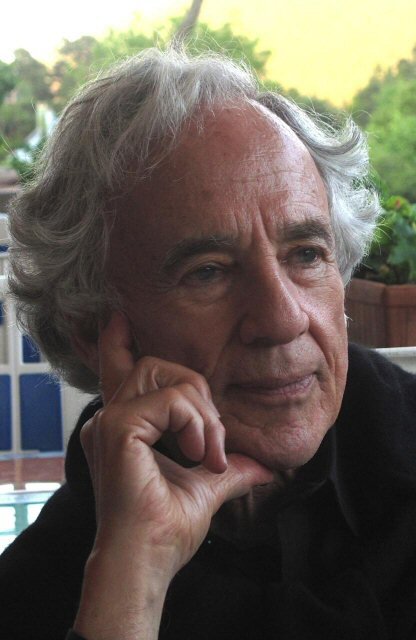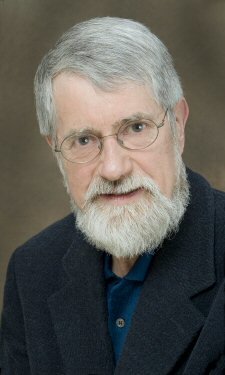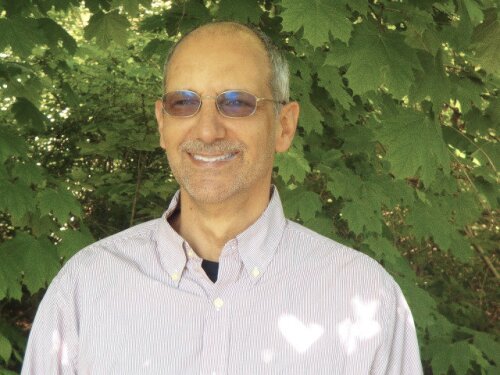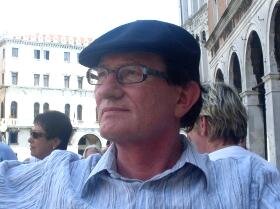Kafka and the Paradox of the Universal
December 12th - 14th, 2012
International Kafka Conference
University of Antwerp - (Hof van Liere, Prinsstraat 13, 2000 Antwerpen)
Jean-Paul Sartre’s saying that “Kafka’s testimony is all the more universal as it is profoundly singular” is indicative of a key paradox in the 20th century Kafka reception which has wide-reaching implications for our understanding of the interface between literature and philosophy. Kafka is indeed often regarded as the ultimate witness to the human condition in the 20th century and, like Dante, Shakespeare, and Goethe in their times, is attributed a universal significance. Yet Kafka’s work is also known for expressing the irreducibly singular and unclassifiable. The various conceptions of universality and singularity that underlie these attributions as well as the different guises in which the paradox of their simultaneity appears will be explored in this three-day conference at the University of Antwerp.
Organizing committee
- Prof. dr. Vivian Liska
- Prof. dr. Arthur Cools
- Drs. Jo Bogaerts
- Drs. David Dessin
Keynote speakers
Prof. dr. Stanley Corngold
Princeton University
The Singular Accident in a Universe of Risk: an Approach to Kafka and the Paradox of the Universal
This paper ex
Stanley Corngold, a graduate of Columbia and Cornell Universities, is Professor Emeritus of German and Comparative Literature at Princeton University, where he taught for more than 40 years. On his retirement in 2009, Corngold received the Howard T. Behrman Prize for Distinguished Achievement in the Humanities at Princeton. He has published widely on modern German writers (e.g., Dilthey, Nietzsche, Musil, Kraus, Mann, Benjamin, Adorno, among others) but for the most part has been translating and writing on the work of Franz Kafka. In 2008, with Benno Wagner and Jack Greenberg, Corngold edited, with commentary, Franz Kafka: the Office Writings. In 2009, he was a Visiting Fellow at King's College, Cambridge, and in 2010, a Fellow of the American Academy in Berlin, where he completed a translation of Goethe's The Sufferings of Young Werther; with Benno Wagner, a monograph Franz Kafka: The Ghosts in the Machine; and with Ruth V. Gross a collection of essays titled Kafka for the 21st Century. He is the founder of the Princeton Kafka Consortium, which links the Universities of Princeton, Oxford, and Humboldt, and in 2011 was elected a Fellow of the American Academy of Arts and Sciences.
Prof. dr. Rodolphe Gasché
University at Buffalo, State University of New York
As High as the Sky: The Village Schoolmaster's Discovery of the Giant Mole
Kafk
Rodolphe Gasché is SUNY Distinguished Professor & Eugenio Donato Professor of Comparative Literature at the State University of New York at Buffalo. His books include Die hybride Wissenschaft (Metzler, 1973); System und Metaphorik in der Philosophie von Georges Bataille (Lang, 1978); The Tain of the Mirror: Derrida and the Philosophy of Reflection (Harvard, 1986); Inventions of Difference: On Jacques Derrida (Harvard, 1994); The Wild Card of Reading: On Paul de Man (Harvard,1998); Of Minimal Things: Studies on the Notion of Relation (Stanford, 1999); The Idea of Form: Rethinking Kant’s Aesthetic (Stanford , 2003); Views and Interviews. On “Deconstruction” in America (The Davies Group, 2006); The Honor of Thinking: Critique, Theory, Philosophy (Stanford, 2007); Europe, or The Infinite Task. A Study of a Philosophical Concept (Stanford, 2009); Un Arte Muy Fragile. Sobre la Retorica de Aristoteles, trans. Rogenio Gonzalez, Santiago, Chile: Ediciones Metales Pesados, 2010; The Stelliferous Fold. Toward a Virtual Law of Literature’s Self-Formation (Fordham, 2011); Georges Bataille: Phenomenology and Phantasmatology, Stanford: Stanford University Press, 2012. He has just finished another booklength study entitled: Geophilosophy: On Gilles Deleuze and Félix Guattari’s What is Philosophy?
Prof. dr. David Suchoff
Colby College
Irreducible Pluralities: The Jewish Legacy of Franz Kafka

David Suchoff received his Ph.D. in Comparative Literature from the University of California at Berkeley and is Professor of English at Colby College. He is author of Critical Theory and the Novel (1994), and editor, with Mary Rhiel, of The Seductions of Biography (Routledge 1995). He has published essays on Gershom Scholem, Hannah Arendt, Aharon Appelfeld, the Rosenberg Case and the New York Intellectuals and Franz Kafka, and translated and written the introductions to the English translations of Alain Finkielkraut’s The Imaginary Jew and The Wisdom of Love. He is also the translator of Hermann Levin Goldschmidt’s The Legacy of German Jewry (Fordham, 2007). He recently published Kafka’s Jewish Languages: The Hidden Openness of Tradition (2012), and his essay “Family Resemblances: Ludwig Wittgenstein as a Jewish Philosopher” will appear in Bamidbar this year. His current research focuses on Kafka and Samuel Beckett.
Prof. dr. Jean-Michel Rabaté
University of Pennsylvania
Kafka’s anti-epiphanies

Jean-Michel Rabaté, Vartan Gregorian Professor in the Humanities at the University of Pennsylvania, is one of the founders and curators of Slought Foundation. He is a member of the American Academy of Arts and Sciences. He has authored or edited thirty books on modernism, psychoanalysis, contemporary art, philosophy. Recent publications include Lacan Literario (2007), 1913: The cradle of modernism (2007), The Ethics of the Lie (2008), Etant Donnés: 1) l’art, 2) le crime (2010) and the edited volume A Handbook of Modernism studies (forthcoming).
Program
Wednesday, December 12th 2012
| 18.30 | Registration |
| 18.50 | Welcome by Vivian Liska |
| 19.00-20.00 | Keynote lecture Stanley Corngold - The Singular Accident in a Universe of Risk: an Approach to Kafka and the Paradox of the Universal Followed by a reception |
Thursday, December 13th 2012
| 09.30-10.10 | Lorraine Markotic - Josephine's Singular Singing |
| 10.10-10.50 | Arthur Cools - Desire and Responsibility in the Case of K. |
| 10.50-11.10 | Coffee break |
| 11.10-11.50 | Søren Rosendal - Exits into the World - Kafka with Hegel on the Tension within Freedom |
| 11.50-12.30 | David Dessin - Despite Everything. Kafka's Zürauer Freedom |
| 12.30-13.30 | Lunch (only speakers) |
| 13.30-14.10 | Jo Bogaerts - 'Une grenade dans nos bibliothèques': Sartre on Kafka's 'true universality' |
| 14.10-14.50 | Toni van Gennip - How to Judge (Kafka)? |
| 14.50-15.10 | Coffee break |
| 15.10-15.50 | Brendan Moran - Philosophy, Myth, and Ambiguity in Benjamin's Kafka |
| 15.50-16.30 | Ma'ayan Sela - 'The Only World': Ideological Constructs Through the Medium of Fiction in Franz Kafka's"In the Penal Colony" |
| 16.30-16.45 | Coffee break |
| 16.45-17.45 | Keynote lecture Rodolphe Gasché - As High as the Sky: The Village Schoolmaster's Discovery of the Giant Mole |
| 19.30-20.30 | Evening session: keynote lecture David Suchoff - Irreducible Pluralities: The Jewish Legacy of Franz Kafka |
Friday, December 14th 2012
| 09.30-10.10 | Wayne Stables - Intermediaries: Notes on Deferral, Gesture and Guilt |
| 10.10-10.50 | Nitzan Lebovic - Kafkaesque Walls: 'for all ages and peoples' |
| 10.50-11.05 | Coffee break |
| 11.05-11.45 | Vivian Liska - Kafka's Other Job |
| 11.45 - 12.45 | Keynote lecture Jean-Michel Rabaté - Kafka's Anti-epiphanies |
| 13.00 - 14.00 | Lunch (only speakers) |